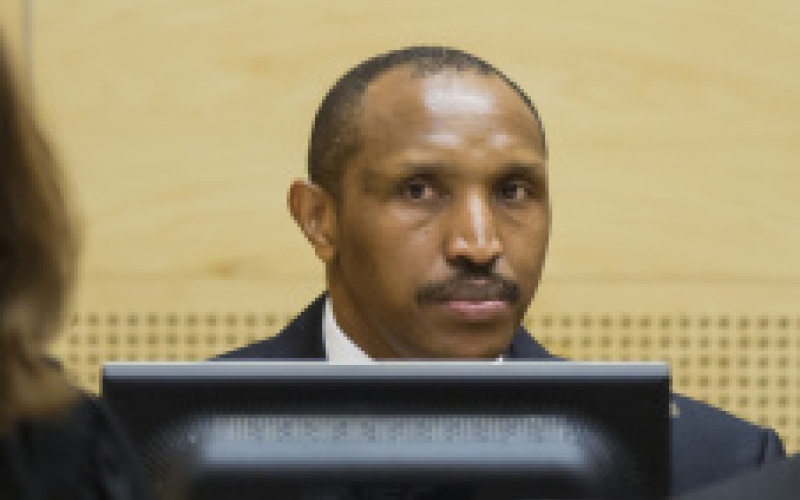Trial of Congolese militia leader to open at ICC

The trial, which opens in The Hague on 2 September, will revolve around two attacks in the DRC’s Banyali-Kilo and Walendu-Djatsi districts in 2002-03. It marks the first time a militia leader faces sexual and gender-based charges for crimes against child soldiers under their command.
Brigid Inder, executive director of Women’s Initiatives for Gender Justice:
“This is a very important case not just for the ICC and the communities affected by the crimes for which Ntaganda is charged, but also for fields of international humanitarian and criminal law. For the first time, a commander, Ntaganda, has been charged with rape and sexual slavery committed against children within his own militia group and under his command. This case, more than any other to have reached a trial stage of proceedings, addresses the use of sexual violence in conflict as a means to intimidate, control and harm both the civilian population as well as children illegally enlisted and conscripted into Ntaganda’s militia group.”
Ntaganda was a commander in various armed rebel groups in the DRC’s troubled eastern provinces from the late 1990s onwards, including the Patriotic Forces for the Liberation of Congo and, most recently, M-23. He also served as a general in the Congolese army from 2009 to 2012.
Ntaganda has been wanted by the ICC since 2006, while a second arrest warrant was issued in 2012. He is charged with 13 counts of war crimes and five counts of crimes against humanity, including using child soldiers, murder, rape and sexual slavery allegedly committed in 2002 and 2003.
Clément Capo-Chichi, Africa regional coordinator for the Coalition for the ICC:
“The trial of Bosco Ntaganda, who spent years as a member of the Congolese armed forces while wanted by the ICC, marks the beginning of the end for impunity in the DRC. With accountability comes an opportunity to end the cycle of violence that has claimed millions Congolese lives since 1998.”
Ntaganda’s trial will open at the seat of the ICC in The Hague, though judges considered holding proceedings in the DRC in order to be closer to the victims and communities affected by the case. That plan was dropped due to security concerns.
At least 1,120 victims are participating in the case through two legal representatives.
André Kito, coordinator of the DRC National Coalition for the ICC:
“For victims, the trial of Ntaganda is a long time coming, and provides not only hope for justice, but an opportunity for healing.”
In 2013, Ntaganda surrendered to the United States embassy in Rwanda and asked to be transferred to the ICC, reportedly as a result of conflict within the leadership of the M-23.
Ntaganda’s trial was due to open on 7 July this year, but was postponed after the defense requested additional time to prepare its case.
In June, the DRC national assembly adopted a bill incorporating the ICC Rome Statute into national law, providing for more effective cooperation with the Court. It must now be passed by the senate before becoming law.
To follow the Ntaganda trial, sign up for our weekly updates.
